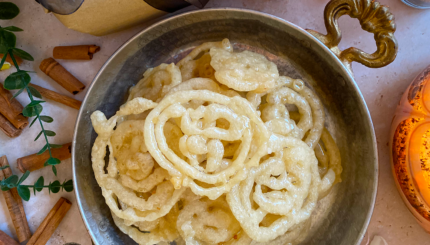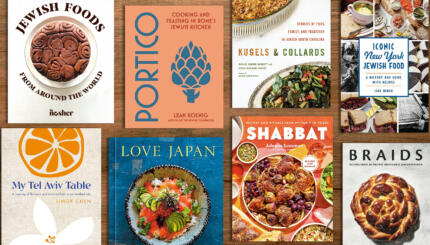Over the past week, millions of Jews across the world have sat through at least one (if not two) seders, since a Passover seder has become perhaps the most widely observed Jewish ritual in the calendar year. The focal point of every seder is, of course, the retelling of the ancient story of the Jewish people’s Exodus from Egypt. Depending on which Haggadah you use, the story might read differently, but it is the story through the lens of the Jewish people.
This year, as we taught and reviewed this story with our students in our school, we decided to focus on varying perspectives from within the story. Using the same pictures each time to depict the story, we told the story from the perspectives of Moses, Pharaoh and God. Of course, this required some basic Midrash, or commentary, to be added to the story, but isn’t that what rabbis having been dong for thousands of years.
What were the lessons learned? First, the children were mesmerized, and silent. They were completely taken by the varying perspectives. When each of us concluded the telling of the story, we could not answer the questions fast enough. The different perspectives shed new lights on this ancient tale that we, the teachers, could never have imagined.
And the best lesson of all? When I was teaching the essence of the words Dayenu, and I asked what it really meant that ‘it would have been enough’, one child boldly raised his hand and said: “It would have been enough if there had been just one plague, but God sent 10 plagues.” Wow. Dayenu from the perspective of the Egyptians. In such a short time, the children were able to view and internalize this ancient, brilliant story from someone else’s perspective.
Now imagine if we could push ourselves, if only once a day, to view life from an alternate perspective. If we are focused on our role as a parent, perhaps we might truly view a day of life through the lens of our child. If we work with a group of colleagues, perhaps we might strive to understand the perspective through which one of them sees life and the world. As a child, we often forget to look at the world through the lens of our parents, and instead only focus on being that child.
Pushing ourselves to look at life through a new lens is certainly not easy, sometimes, nearly impossible, but it will, without a doubt, let go of some of life’s frustrations, allowing us to see the other side of the same situation, the same story. Bring perspective into our most intimate relationships, our views on politics, religion and the world, and all of a sudden, our world can be a little bit brighter, a little more open, and little ‘more free’.
Isn’t that what the Festival of Passover is all about? We are giving ourselves the gift of freedom, so it is incumbent upon us to push ourselves to feel freedom, to taste freedom, to experience freedom.



